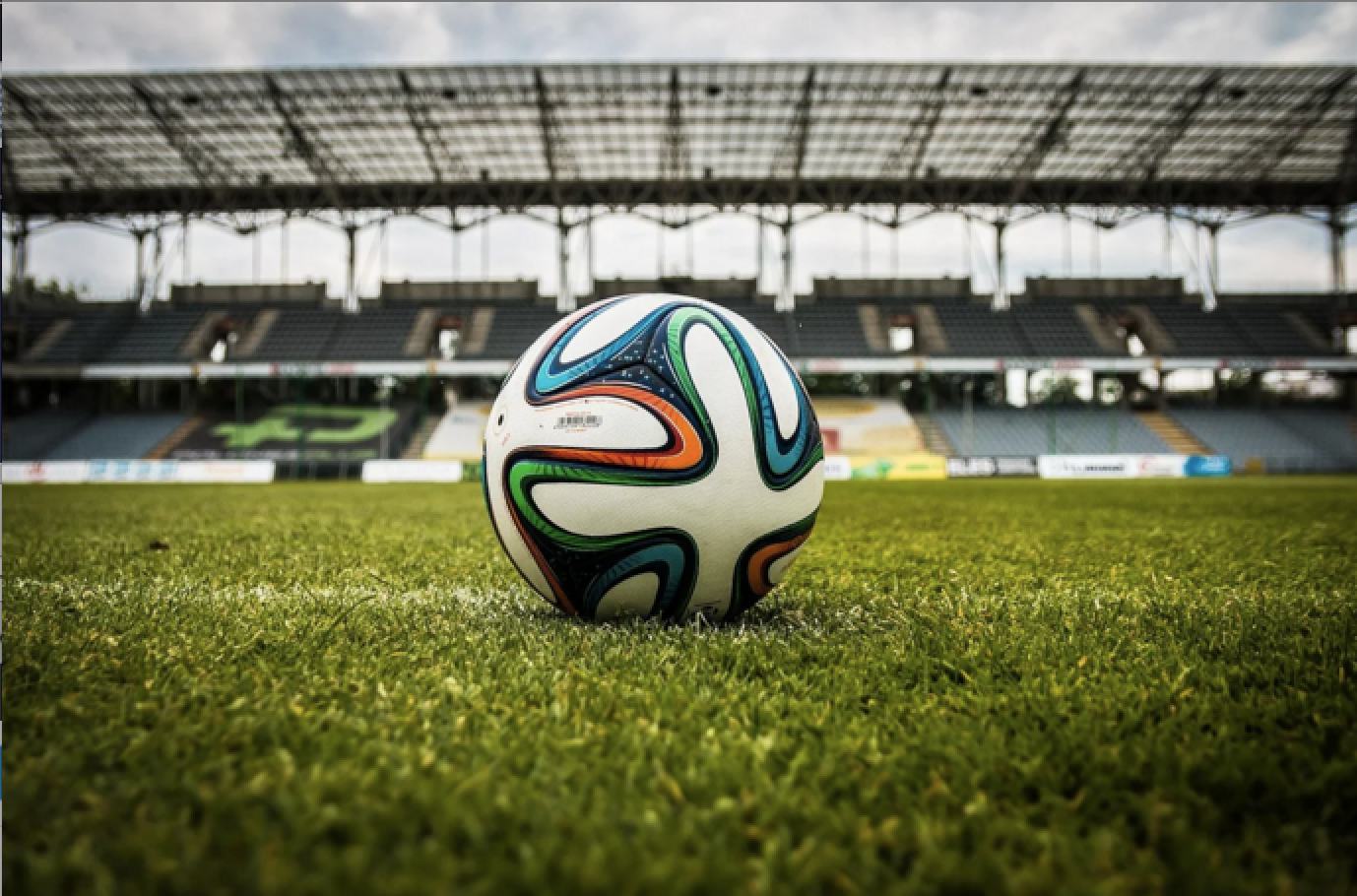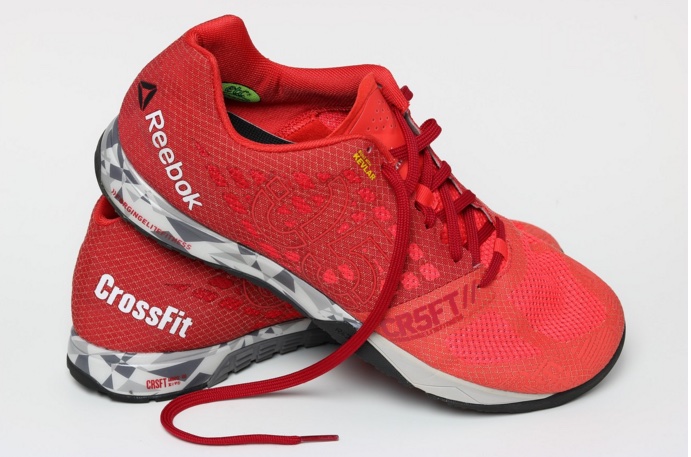Could the Commercialization of Sport help the Cayman Islands compete on an International stage?
The Cayman Islands might be small but, with the right systems in place, it could become a force on the international sporting stage. For anyone that doesn’t believe it’s possible, just look to the Pacific Islands. Tonga, Samoa, and Fiji punch well above their weights on the rugby field. In fact, despite having a combined population of just over 1.2 million people (seven times smaller than London), these countries often give elite rugby-playing nations like England a hard time. Why then, if Tonga et al can excel on a global stage, can’t the Cayman Islands? Yes, our population is less than 100,000. However, that doesn’t mean there’s a lack of talent.

Take, for example, brothers Shaune and Brett Faser. Both were fantastic swimmers and Shaune represented the Cayman Islands at the Olympic Games three times. Charles Whittaker was an accomplished boxer at an international level, while sprinter Cydonie Mothersill won Commonwealth Games gold in the 100 meters. The list could go on. The point, however, is that there’s talent aplenty in the Cayman Islands. However, unlike other small nations, sport doesn’t always get the recognition it should. That’s where government ministers, sports leagues, and athletes can learn from other countries. Survey the greatest sporting nations in the world and all of them have a few things in common. Grassroots programs are one thing. However, the lesson that could best serve the Cayman Islands is commercialization.
Money Makes the Sporting World Go Round
Countries such as the US and the UK have massive infrastructures that surround sport. These infrastructures are mainly powered by commercial entities. For example, the NFL receives billions of dollars every year from broadcast networks such as ESPN and CNBC. In 2021, the football league even added Amazon to its network of broadcasters. Along similar lines are team sponsorship deals. Online bookmaker Betway Sports sponsors a number of soccer clubs in Europe, as well as horse races, cricket matches, and more. These deals have reciprocal benefits. Online betting site Betway has daily odds on soccer, horse racing, cricket, and many other sports. By sponsoring teams and events, it has woven itself into the fabric of European sport. In turn, the support of companies like this has helped teams and sports grow.
Sponsorship deals are particularly important for smaller clubs. Even in thriving markets like Europe, those outside of the top leagues are often balanced on a financial knife-edge. So, when a corporate entity comes in and offers to invest, it’s a lifeline. The same is true for individuals. Look at the global megastars of sport. From Conor McGregor and Cristiano Ronaldo to LeBron James, all the top athletes have corporate backers. Take, for example, Ronaldo. He has deals with Tag Heuer, Armani, Castrol and, of course, Nike. In fact, such is his relationship with sportswear brand Nike that he has his own line of products. Thanks to these deals, Ronaldo has made more off the soccer pitch than he’s made on it.
Commercialization Can Breed Success
Again, this is an example of how the commercialization of sport has bred success. It’s not the only answer, but it is an answer. Then there are the additional links that feed into the sporting world. Reebok’s collaboration with SNS on a new line of walking shoes is an example of brands working together to promote physical activity in a stylish way. The same goes for the Pump Omni Zone II sneakers. Fusing fashion and exercise generates mainstream interest which, in turn, brings more attention to the sport in question. Fortunately, we’re starting to see these ideas seep into our own sporting culture.

For example, the new interim president for the Cayman Islands Olympic Committee could consider ways to attract commercial sponsors. This would allow athletes to spend more time training and less time worrying about their income. The end result would be better performances which, in turn, could inspire the next generation of athletes.
There has been a lot of debate in recent years about the over-commercialization of sport. Some of the arguments are valid, particularly those that say concentrating wealth at the top of a sport hurts those at the bottom. However, it’s also possible to argue that money at the highest level trickles down. What’s clear is that, when done right, commercial input can help sports grow. That’s something governing bodies, club owners, and athletes in the Cayman Islands should seriously consider if they want to compete at international level.





